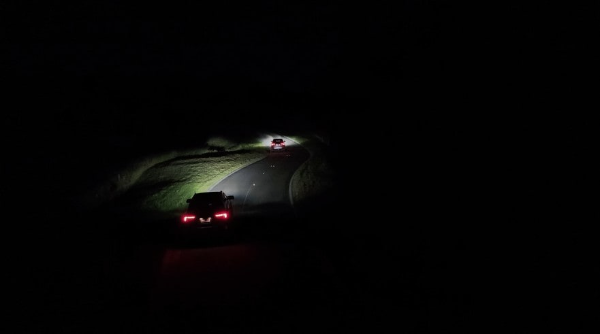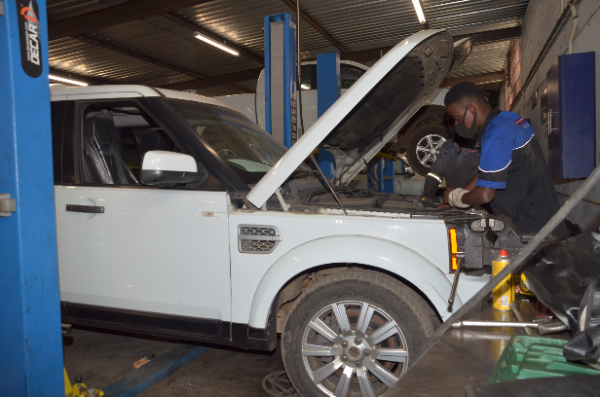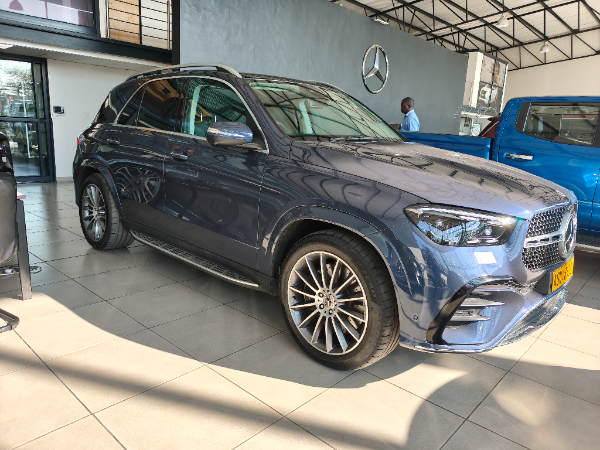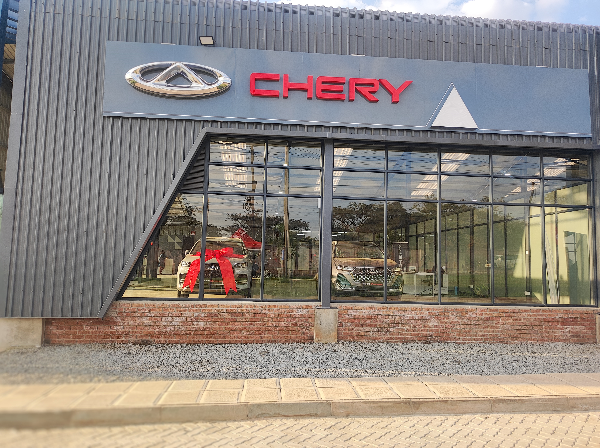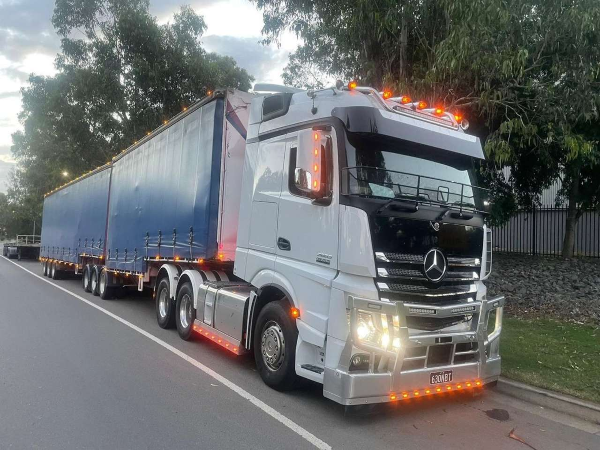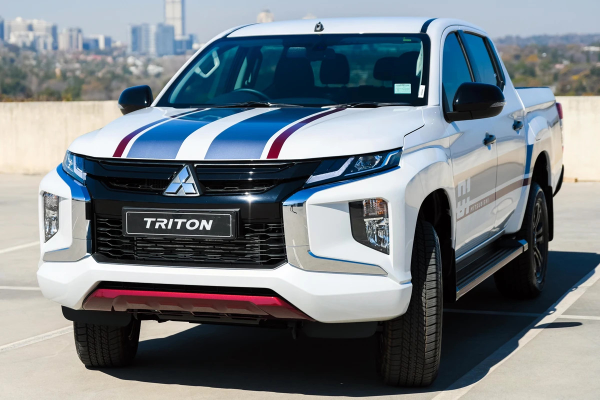What to do in the event of a car accident
Here is some useful advice from DRIVEtorque on what to do in the event of an accident.
1. If it is safe to do so, stop your car immediately. If your warning lights aren't already on, turn them on so other drivers know to be careful. It is a crime to not stop. You are required by law to notify the authorities of the accident within 24 hours, or as soon as it is practically possible, even if you are unable to stop at the site.
2. Have a conversation with the other motorist or drivers. Your name, address, phone number, email, and, if you have auto insurance, the data of the policyholder must be provided. In order to file an insurance claim, you will need the other driver's information, so be careful to write it down.
3. Capture images of the damage to both your and their vehicles. Obtain a minimum of one snapshot that captures the registration number. It could be helpful to have shots of the spot where the accident took place.
4. If you are unharmed and can pull your car to the hard shoulder or emergency refuge after an accident on the highway, take cover behind the Armco barrier or another secure location. Turn on your hazard lights and dial 911 if you get stuck in a live lane and can't move. In order for emergency personnel to find you, it is helpful to know what track you are on (A or B).
5. Before inspecting your car in a residential area, make sure your warning lights are turned on. Get medical help immediately if you or anybody else sustains injuries.
6. Don't freak out. It is crucial that you refrain from driving until you feel secure, even if you may be in shock. It is common to feel rattled following an accident.
7. Refrain from acknowledging fault. When reporting this to your insurance provider, be sure to stick to the facts.
8. Make sure to chat with any witnesses and get their information. They might be able to speak with the authorities or your insurer on your behalf.
9. If you have a dashcam, the film might be helpful for both the police and your insurance provider in determining who is at fault. Ensure that you save it without letting it overwrite it.
10. Call the police so that you get your Road Traffic Accident Report number which you will take to your insurer
An Advanced Driver Course could be helpful if you've had an accident and feel like you no longer have faith in your driving abilities.
"Getting into a collision can be a stressful experience," DRIVEtorque explains. Damage from even a little collision may be expensive and inconvenient. Ask the other motorist and any witnesses as many questions as you can to get as much information as possible.
Try not to freak out. Whoever is at fault, the other person is probably going through the same emotional roller coaster as you are. Making sure everyone is safe while dealing with the accident is the top responsibility.
1. If it is safe to do so, stop your car immediately. If your warning lights aren't already on, turn them on so other drivers know to be careful. It is a crime to not stop. You are required by law to notify the authorities of the accident within 24 hours, or as soon as it is practically possible, even if you are unable to stop at the site.
2. Have a conversation with the other motorist or drivers. Your name, address, phone number, email, and, if you have auto insurance, the data of the policyholder must be provided. In order to file an insurance claim, you will need the other driver's information, so be careful to write it down.
3. Capture images of the damage to both your and their vehicles. Obtain a minimum of one snapshot that captures the registration number. It could be helpful to have shots of the spot where the accident took place.
4. If you are unharmed and can pull your car to the hard shoulder or emergency refuge after an accident on the highway, take cover behind the Armco barrier or another secure location. Turn on your hazard lights and dial 911 if you get stuck in a live lane and can't move. In order for emergency personnel to find you, it is helpful to know what track you are on (A or B).
5. Before inspecting your car in a residential area, make sure your warning lights are turned on. Get medical help immediately if you or anybody else sustains injuries.
6. Don't freak out. It is crucial that you refrain from driving until you feel secure, even if you may be in shock. It is common to feel rattled following an accident.
7. Refrain from acknowledging fault. When reporting this to your insurance provider, be sure to stick to the facts.
8. Make sure to chat with any witnesses and get their information. They might be able to speak with the authorities or your insurer on your behalf.
9. If you have a dashcam, the film might be helpful for both the police and your insurance provider in determining who is at fault. Ensure that you save it without letting it overwrite it.
10. Call the police so that you get your Road Traffic Accident Report number which you will take to your insurer
An Advanced Driver Course could be helpful if you've had an accident and feel like you no longer have faith in your driving abilities.
"Getting into a collision can be a stressful experience," DRIVEtorque explains. Damage from even a little collision may be expensive and inconvenient. Ask the other motorist and any witnesses as many questions as you can to get as much information as possible.
Try not to freak out. Whoever is at fault, the other person is probably going through the same emotional roller coaster as you are. Making sure everyone is safe while dealing with the accident is the top responsibility.




